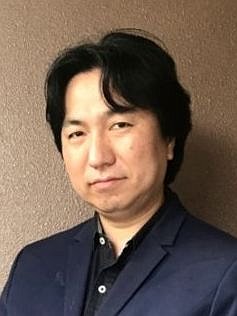[Invited Talk] A Method for Context-Oriented Management of ROS2-FPGA Module Reconfiguration
Intelligent robots need high-performance processing at low power dissipation in order to process large amount of calculations for the recognition, planning and action tasks. The reconfigurable capability of FPGA (Field Programmable Gate Array) is expected to exploit parallel processing to realize high-performance and low power at the same time by programming an optimized hardwired circuit targeting the specific application, reconfiguring the circuit depending on the context. Today the quality of High-Level Synthesis (HLS) tools have advanced much, however, the development of high-performance hardwired circuit on FPGA still depends on the hardware experts. In order to introduce FPGA into software easily, we have proposed an automated generation of an FPGA component for robot software systems, namely for ROS (Robot Operating System) and its second version ROS2. The generated ROS2/FPGA components by our tool FOrEST (FPGA-Oriented Easy Synthesizer Tool) successfully show the processing performance improvements. This research proposes a method for Context-Oriented management of the ROS2-FPGA module. In order to apply reconfiguration at runtime according to the robot situation, the issue is that the time for FPGA reconfiguration takes much more than the case of software. Methods to safely reconfigure the FPGA circuit while robots are operated is discussed.
| A Method for Context-Oriented Management of ROS2-FPGA Module Reconfiguration (20210712_ECOOP-COP-Ohkawa.pdf) | 1.72MiB |
Takeshi Ohkawa is an associate professor in Tokai University, Japan. He received his M.E. and Ph.D. from Tohoku University in 2000 and 2003 respectively, and was engaged in research on dynamically reconfigurable FPGA system at Tohoku University. He joined National Institute for Advanced Industrial Science and Technology (AIST) in 2004 and started research on distributed embedded systems. He had been working in TOPS Systems Corp since 2009 and joined Utsunomiya University in 2011. In 2019, he joined Tokai University. His current research interests are the design technology of an FPGA to realize a low power robots and vision systems.
